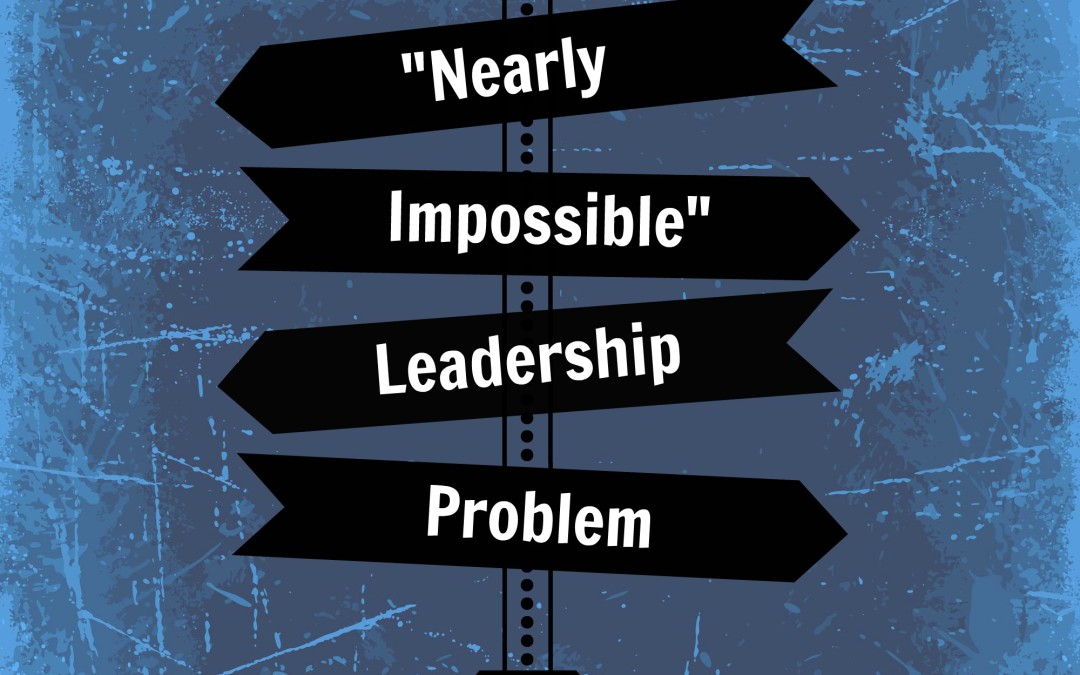
by Liz Clark | Feb 25, 2016 | Business Matters, Pursuits
Last week, I shared a really common situation where business plans are a waste of time. Poor or ineffective planning wastes time, resources and causes frustration. However, business planning itself is not a waste of time when it’s done effectively. Effective planning – for business or otherwise – is a process that helps you define a desired future outcome and then anticipate, evaluate and decide activities to accomplish that outcome. Effective business planning can be like a GPS for your business – it can help you figure out how to get where you want to go. Now, it’s true that once you choose a route – unexpected things can happen. You might get stuck behind a slow-moving truck in a no-passing zone. You might hit an unexpected detour. But, the potential for a delay is not a good reason not to plan your route. So, how do you create an effective business plan? If you’re starting a traditional business that requires a big outlay of cash for equipment, facilities or staff to start up, go with a traditional business plan. An investor or bank will likely require it. There are free templates for traditional business plans and financial statements available here: https://www.score.org/resources/business-planning-financial-statements-template-gallery. But, in today’s world, many entrepreneurs aren’t starting traditional businesses. The allure of being an online entrepreneur, sometimes called a “solopreneur,” by essentially parlaying your unique skills and services into an online business, funding yourself out of your profits. In this model, a traditional business plan is overkill. In this model, what’s needed is a more flexible, responsive approach to planning. Positive cash flow is critical to...
by Liz Clark | Feb 18, 2016 | Business Matters
Eleven years ago, I wrote one of the most painful things I’ve ever written. More painful than the 40+ page research paper on Immanuel Kant I wrote my senior year of college. More painful than the middle-school, broken-hearted poetry I poured out into my journal after a tragic break-up. Far more painful. What was it? A business plan. It wasn’t painful because I didn’t know what one was. I had taken a business writing class in college where I learned how to research and write them. I had even written a few for “real” small business owners. This particular business plan was painful because we were already in business. And it was failing. We had a few clients and a “promise” of more jobs, but not enough resources to grow without fast cash flow. As a last resort, we applied for a small business loan from our local bank. They required a business plan before they would even look at us. So, I researched. And wrote. And cried. And went through the gamut of emotions: desperation, anger, shame and totally illogical “hope.” Every section, every word, every financial calculation was like bleeding our very livelihood onto the page. I believed that the outcome of this loan process would determine whether or not we would be able to “grow” as a business – or force us to close our doors. Like I said: painful. We got our meeting with the bank. They were very kind, but ultimately our financial projections weren’t solid enough for them to approve the loan. In retrospect, I’m glad we were denied. The LAST thing we needed...

by Liz Clark | Feb 4, 2016 | Business Matters, Getting Stuff Done, Personal Development, Pursuits, Team Building
Last week, I came clean and confessed that sometimes…ideas can get the best of me. Ideas can be a BIG distraction. Overthinking. Being stuck in a never-ending “idea loop” and never taking action. In that scenario, your ideas are leading you – leaving you exhausted, unfulfilled and with no results. It’s true: sometimes, I am undisciplined with my ideas. But, sometimes, I stand up and lead my ideas through a system. A framework that gives me peace of mind, a sense of fulfillment and that helps me produce positive results in my life. What does that even mean? Moving from “idea” to “reality” takes leadership. If you want to see your idea succeed, it takes YOU leading YOURSELF (and eventually OTHERS) to make it happen. I said that to a coaching client once, and he immediately replied, “That’s IMPOSSIBLE!” Well, it can be very difficult…maybe nearly impossible to lead yourself. And, to be frank, if you haven’t been able to lead yourself successfully before, you will probably need some help to develop self-leadership skills. But, it’s not impossible. So, what does it mean to lead my ideas? It means: I take ownership for my ideas. I don’t expect others to be more invested in my idea than I am. I don’t let my ideas lead me. I lead my ideas. I ruthlessly ignore ideas that don’t serve me. (Seriously, I’m a total jerk to my own toxic ideas: GET OUT OF MY LIFE, TOXIC IDEA!) I write interesting ideas down or use voice memos on my phone to capture them. Immediately. Because they will FLY away if I don’t! I schedule time...
by Liz Clark | Feb 1, 2016 | Business Matters, Personal Development, Pursuits, Uncategorized
This mindset held me back for many years. I sincerely believe it was responsible for a lot of unnecessary unhappiness. Try this mindset shift experiment to begin enjoying your life right...

by Liz Clark | Nov 9, 2015 | Business Matters, Personal Development
No matter how much you’ve actually accomplished in life, there is no test quite so unnerving as responding to the simple question: “So, what do you do?” This is a simple pleasantry, a social platitude, really. It’s an efficient way to “get to know” someone better. But, implied in this question is a measurement of sorts — of your professional, financial and even social standing. We can bring a lot of anxiety into the process of answering: What if I don’t meet the expectations of the person asking? What if I’m not interesting enough? What if I’m not important enough? What if I’m not good enough? Too often we give an underwhelming response or we feel so insecure, we underplay what we can bring to the conversation. But, here’s the big secret: The person asking probably doesn’t care 10% as much as you do about how you answer. The person asking you this question is most likely just being polite while, deep down, trying to figure out 1 of 2 things: Whether or not you can advance them in some way. How long until you’re done talking so they can get back to talking about themselves. Instead of feeling anxious or inadequate about your answer, become a master conversationalist by giving the asker what he/she really wants – the opportunity to continue focusing on themselves. Here’s my #1 tip to wiggle out of the anxiety-inducing small talk cycle: Answer quickly with something low-key and respond, “And, what do you do?” All attention about the specifics of “what you do” will be forgotten – no anxiety or feelings of inadequacy needed! But, wait – being forgotten isn’t the goal,...
by Liz Clark | Aug 10, 2015 | Business Matters, Team Building
My last post covered 5 signs you’re on a losing team. Well, I don’t know anyone who wants to be on a losing team. The opposite of a losing team is a winning team. Many refer to these as “High-Performance teams.” Working on a high-performance team, or a team that consistently outperforms expectations, is an incredible experience. Achieving results is not the only awesome thing about working on a high-performance team. There is something fantastic about actually enjoying the team you work with. The work gets done, but you actually want to be there. You’re excited to work with these people. So, how do you know if you’re on a winning team? Here are 5 Signs You’re on a Winning Team: Feel It: People are Authentically Valued – when you join a high-performance team, you are welcomed. You may not understand exactly what you’re going to be doing, but you’ll know you are a part of a team. People treat each other with respect. When people have conflict or disagreement, people are ultimately valued over ego, hierarchy or “cliques.” See It: Culture of Clarity – high-performance teams have a lot of clarity about what they are working to achieve (vision) and why they are working to achieve it (motive). The details of how things get done (strategy) may change from time to time, but there are a set of very clear outcomes that the team understands it is working toward those outcomes together. Hear It: Speak The Same Language – building on the culture of clarity, high-performance teams are not just “engaged,” they are highly invested in working toward the same desired outcome. They speak...




